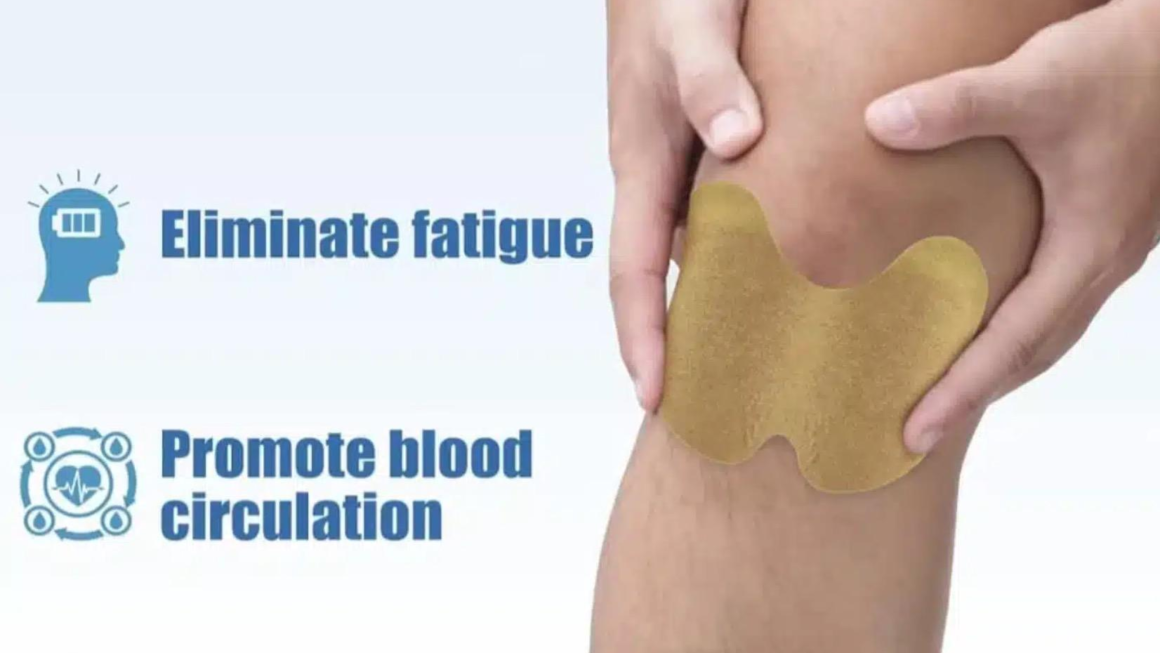Balancing clinical rotations and USMLE study time is a formidable task faced by medical students. Although clinical rotations provide significant practical experience, USMLE preparation requires focused study and review. Success requires finding the ideal balance between these commitments. This guide will explore proven ways to effectively manage your time and priorities, allowing you to excel in both clinical rotations and USMLE preparation.
Creating a Structured Schedule
Creating an organized timetable is essential for handling the rigors of USMLE study time and clinical rotations. Start by determining your clinical rotation calendar and any required events, including conferences or rounds. Set out certain times for studying every day or every week, making sure to include enough time for USMLE review and practice problems. Divide your study sessions into reasonable parts and concentrate on your weak points and high-yield subjects. To better manage your time and make the most of every minute, use a planner or scheduling tool. You can increase your productivity and go closer to your objectives by making an organized timetable.
Prioritizing Tasks and Responsibilities
Setting and carrying out priorities is essential for managing clinical rotations and USMLE study time. Evaluate each task’s priority and urgency, giving special attention to those that have a close deadline or will have the most influence on your long-term objectives. Make studying for the USMLE a priority when you have free time in your clinical schedule, such as the evenings or weekends. When it’s feasible, assign non-essential tasks or obligations to free up time for concentrated study sessions. Always keep your priorities in check to prevent burnout and preserve your general well-being.
Utilizing Efficient Study Techniques
Efficient study techniques are essential for making the most of your limited study time while balancing clinical rotations. To enhance your ability to remember important ideas and facts, use active learning techniques like spaced repetition. Use USMLE prep courses to access structured study materials, practice questions, and expert guidance tailored to the exam’s content and format. As part of your study schedule, include practice questions and mock tests to gauge your progress and pinpoint areas that need work. It is better to concentrate on high-yield subjects and ideas that are likely to appear on the test than to try to study every aspect in depth. You can maximize your study time and raise your chances of passing the USMLE by using effective study strategies.
Setting Realistic Goals and Expectations
Maintaining motivation and stress management throughout clinical rotations and USMLE preparation requires setting reasonable expectations and objectives. Divide your long-term objectives into more manageable benchmarks, such as finishing a certain amount of practice questions or getting over a particular score on a practice test. Recognize your talents and weaknesses in yourself, then modify your study schedule appropriately. Acknowledge that failures are a normal aspect of learning and that improvement could be slow. You can stay motivated and focused on your path to USMLE proficiency by establishing reasonable expectations and objectives.
Seeking Support and Accountability
It can be difficult to navigate the obstacles of clinical rotations and USMLE preparation, so don’t be afraid to ask classmates, mentors, and instructors for guidance and accountability. Join study groups or online discussion boards to connect with other medical students and exchange study aids, study strategies, and words of support. Establish accountability connections with friends or classmates, arrange frequent check-ins to monitor your development, and provide encouragement to one another. Consult your adviser or a member of the faculty for advice and comments on your study strategy and advancement. Even in the most difficult circumstances, you can maintain your motivation and commitment to your objectives by asking for help and responsibility.
Maintaining Balance and Self-Care
Finally, maintaining balance and self-care is essential for sustaining productivity and well-being during clinical rotations and USMLE preparation. Schedule time for things like exercise, hobbies, and quality time with loved ones that help you feel refreshed and renewed. Make sure you get enough sleep and eat a healthy diet to maintain your general health and cognitive abilities. Establish limits to safeguard your private time and prevent taking on more than you can handle. Remember that looking after your health is not selfish—rather, it is essential to your success as a medical student. You can tackle clinical rotations and USMLE preparation with resilience and vitality if you maintain balance and practice self-care.
Conclusion:
Balancing clinical rotations and USMLE study time is undoubtedly challenging, but it’s a hurdle that every medical student must overcome on their path to success. You can successfully navigate this balancing act by implementing the strategies described in this guide. These strategies include making a structured schedule, prioritizing tasks and responsibilities, using effective study techniques, setting realistic goals and expectations, seeking support and accountability, and maintaining balance and self-care. Remember that it’s okay to ask for help when needed and to prioritize your well-being throughout the process.



